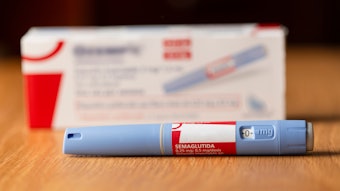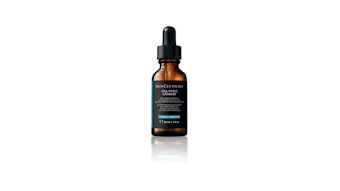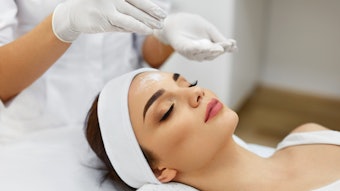An editorial published in the April issue of Aesthetic Surgery Journal makes an urgent plea to the U.S. Food and Drug Administration to expedite its oversight of companies and clinics offering stem-cell products and therapies and provides recommendations for accreditation and licensure of clinics offering these therapies.
Authors Robert Singer, MD, and Foad Nahai, MD, write on behalf of a multi-specialty task force developed to investigate risks and potential regulation of stem-cell therapies, “…perhaps no previous situation has held as great a potential for harm on a large scale as does the current drama surrounding stem-cell therapies. It is a drama that touches at the very heart of our human desire for immortality—or, at least, many people’s desperate need for hope at any cost.”
The American Society of Aesthetic Plastic Surgery (ASAPS) notes that while stem-cell technology is widely accepted in therapies for cancer and blood disorders (with clinical trial evidence suggesting stem cells might speed wound healing, improve heart function and treat scleroderma), most applications are still in the early stages of being assessed for benefits, limitations and safety. Yet, in the last decade many new manufacturers of stem cell products have come into existence, and a huge number of clinics offering stem-cell therapies have opened their doors to eager medical consumers as well as those seeking cosmetic solutions. The most frequent complications of cosmetic stem-cell treatments appear to be contamination and infection.
“We are not in favor of overzealous regulation, but the fact is, organized medicine on its own isn’t equipped to monitor and prevent abuses involving cellular-based treatments,” says Dr. Singer, past-president of ASAPS and co-author of the editorial. “Any procedure marketed in the cosmetic arena holds immense interest to consumers and a high risk for patient abuse.”
To better protect public safety while allowing legitimate research to continue, the task force recommends:
- Enlisting the help of national surgical facility-accrediting agencies that already have useful systems in place for monitoring safety
- Collaborating more aggressively with state legislatures and medical boards on related issues such as medical scope of practice
- Requesting support from the Federal Trade Commission to stop false and misleading advertising regarding cellular-based therapies











